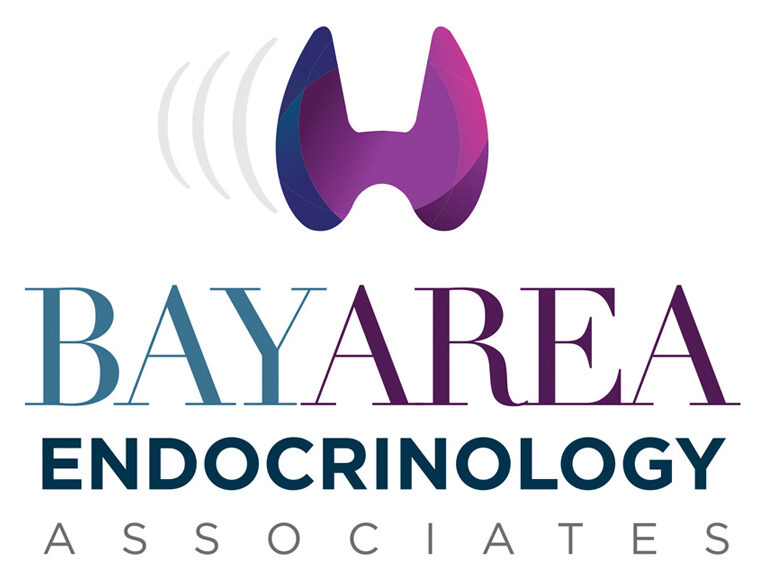Hypothyroidism is a common medical disorder that affects millions of people. An underactive thyroid does not produce enough of the thyroid hormone. Your thyroid controls how your body uses energy. If you have an underactive thyroid, you might feel sluggish. The condition can also affect your heartbeat and body temperature. For most people, Hashimoto’s Thyroiditis is the cause of an underactive thyroid. It is an autoimmune disorder that attacks your thyroid. It causes your body to produce antibodies, and the antibodies can destroy your thyroid gland. Thyroiditis can cause inflammation and viral infection.
Causes of Hypothyroidism
Radiation therapy can also cause hypothyroidism. When radiation damages the cells, the thyroid gland has to work harder. Radioactive iodine treatment can destroy the thyroid gland. Surgery and medications can also cause an underactive thyroid. The human body does not produce iodine, and an iodine deficiency can cause hypothyroidism.
Side Effects of Hypothyroidism
Hypothyroidism can cause cardiovascular problems, infertility, and obesity. If a pregnant woman has an underactive thyroid, the disorder can affect the fetus. During the first trimester, the mother supplies the thyroid hormone. If the mother has an underactive thyroid, the disorder can affect the baby’s mental development. If a person has an extremely underactive thyroid, the disorder can cause myxedema. Myxedema can cause a person to lose consciousness.
Common Risk Factors
Older women are more likely to be diagnosed with an underactive thyroid. The most common symptoms of an underactive thyroid are constipation, depression, fatigue, and carpal tunnel syndrome. If you have any of these symptoms, you should make an appointment with a Tampa endocrinologist.
A synthetic thyroid hormone can treat hypothyroidism. Certain medications can interfere with the synthetic hormone, so you should speak with your endocrinologist about any medications you are currently taking.








